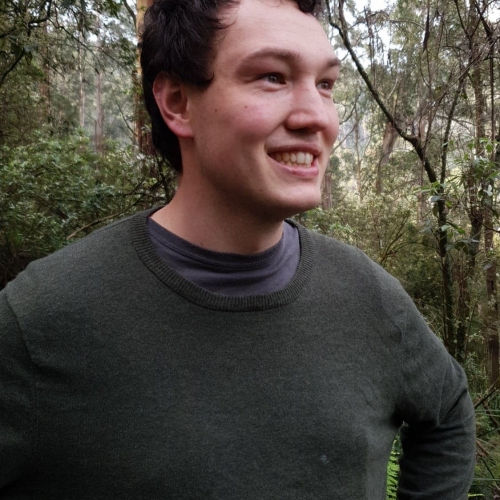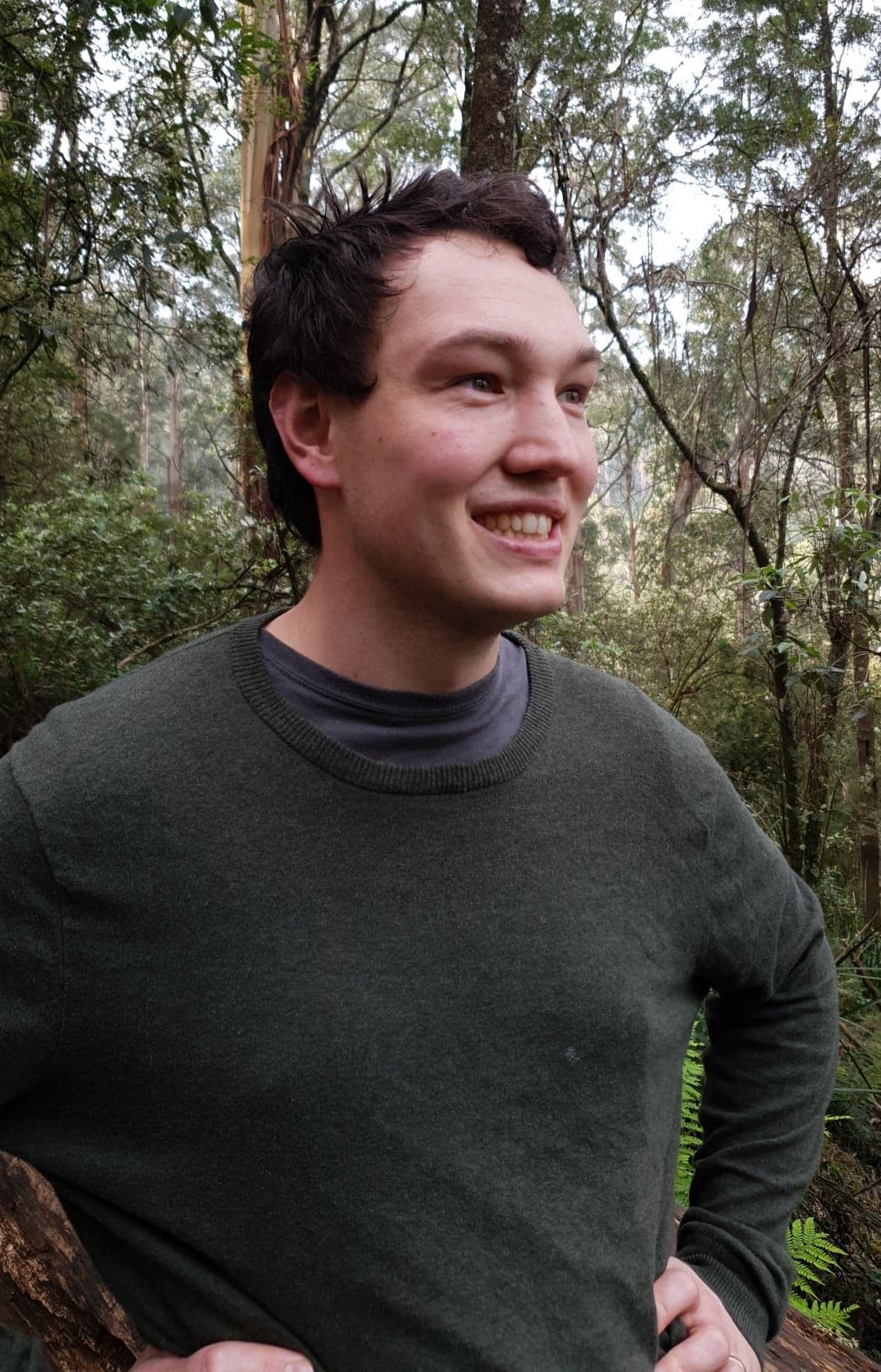
Robert Hickingbotham
Monash University
Robert Hickingbotham is a PhD student in the Discrete Mathematics Research Group at Monash University. His supervisor is David R. Wood. He received my undergraduate degree at Monash University where he completed his Honour’s project in structural graph theory with the same supervisor. He was the recipient of Monash University’s 2019 Pure Mathematics Prize for being the most outstanding Honour’s student in pure mathematics.
Can you give me a quick overview of the type of mathematics you are studying and its potential impacts for the broader community?
Do you remember the days when summer school was in person? Most of the time, it will be at a different uni to one own’s, so one would have to use their phones to navigate there. All one had to do was to put in the address, press the “Directions” button and then their phone will find the quickest route. But how is it that our phones can solve such a problem so quickly?
The “quickest route problem” is an example of a network problem. That is, our phone is solving a mathematical problem on an underlying network (in this case, road networks). The goal of my research project is to understand the global structure of networks (which we call graphs) and their properties. The more we understand about the global structure of networks, the more we can exploit such structure so that our phones can quickly solve problems like finding the fastest route to the AMSI Summer School. My research is theoretical in nature and has applications in theoretical computer science, data visualisation and even traffic light scheduling!
How did you get into mathematics/statistics/data science? Was there someone or something that inspired you to this field?
Let me begin with a classic result from my field (graph theory): suppose you want to colour a map so that every pair of neighbouring countries have different colours, how many colours do you need? The answer is that 4 colours suffice. However, though the question and the answer appear trivial on the surface, this problem took over 100 years to solve! At this stage, we do not even know how to solve this problem without the assistance of computers!
Many research problems in my research field are like this: simple to state and to understand yet extraordinarily difficult to solve! And yet, such simple but hard problems often lead to beautiful and elegant proofs! This is what I love about mathematics: it is beautiful and elegant. It offers surprising explanations to things that appear trivial on the outset. It humbles you while at the same time grows you in your critical thinking skills. If only more of our politicians studied at an AMSI Summer School!
You received a scholarship to attend AMSI Summer School 2022. How important was this in terms of your ability to attend, fully participate in the program and meet others studying in similar fields?
The scholarship was very useful in alleviating the financial burden of attending such a Summer School. Without it, it would have made the decision-making harder whether I would have participated in this program. I am very grateful for the scholarship and to be able to immerse myself into the Summer School program.
The purpose of Summer School is to give students an opportunity to develop their mathematical skills, meet like-minded people and network with potential employers. What was the most valuable part of the program for you? Was it the course content or the people you met? Do you have new ideas for your work/research or see it in a new light?
On a recent collaborative research project that I was a part of, we studied a mathematical object that has “application in computational complexity”. However, I’ve never done any study in computational complexity before let alone studied anything from the much broader field of computer science! All I knew about computational complexity was that they prefer to use upper case letters (e.g. P, NP, BPP) to describe their mathematical object whereas the rest of mathematics prefer to use lower case (with a sprinkle of some Greek letters)! So, when I saw that AMSI Summer School was offering a unit in computational complexity, I leaped at the opportunity.
Formally studying a unit on computational complexity provided a valuable opportunity for me to develop a rich understanding of the field. Though I do not have any plans for further research into this field, the unit provided me with the knowledge I needed to engage with the wider literature surrounding my field of expertise.
Summer School included a special Careers Day program which aims to help give students an idea of the kinds of career paths available to maths graduates in industry and private sector research areas. Were you previously aware of the types of industry opportunities available to mathematical science graduates? Would you consider working with industry? Do you feel better equipped to explore career options in the mathematical sciences after attending AMSI Summer School?
Long term, I am leaning towards a career in academia as opposed to industry. I find pure mathematics so beautiful that it will be hard to give it up! Nevertheless, the Careers Day program was a valuable experience in seeing what real-world opportunities are out there. It was particularly helpful seeing the breadth of opportunities that a mathematics background could bring. If I decide to step out of academia after my PhD, then the experience of the Careers Day event will help me in navigating the terrain of the ‘real-world’ job market.

